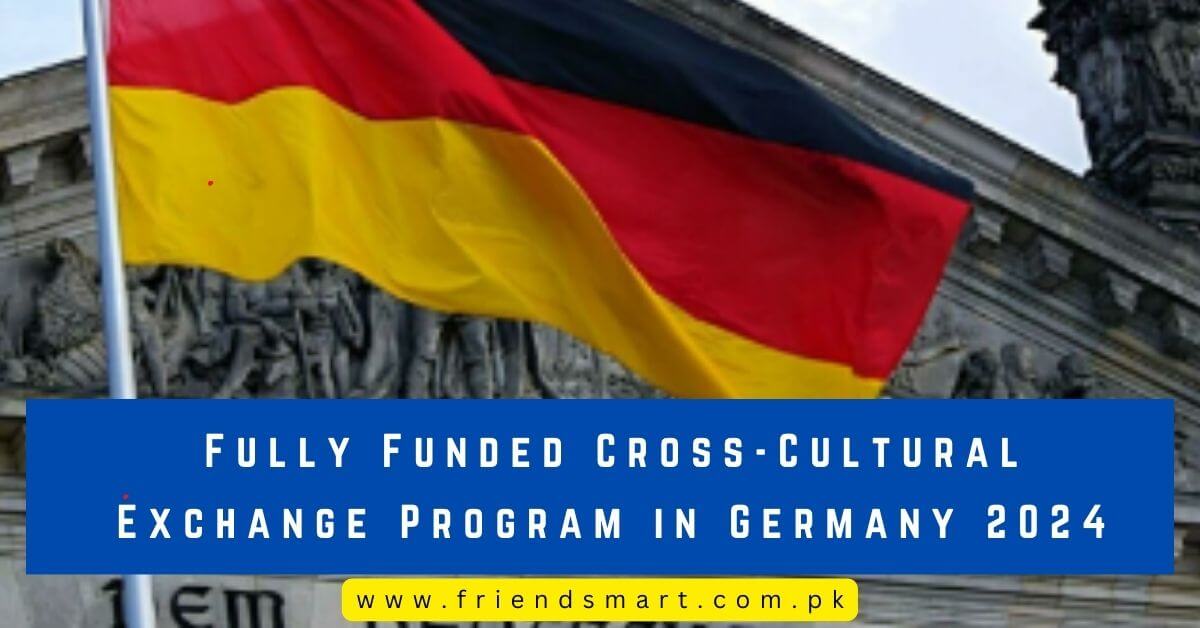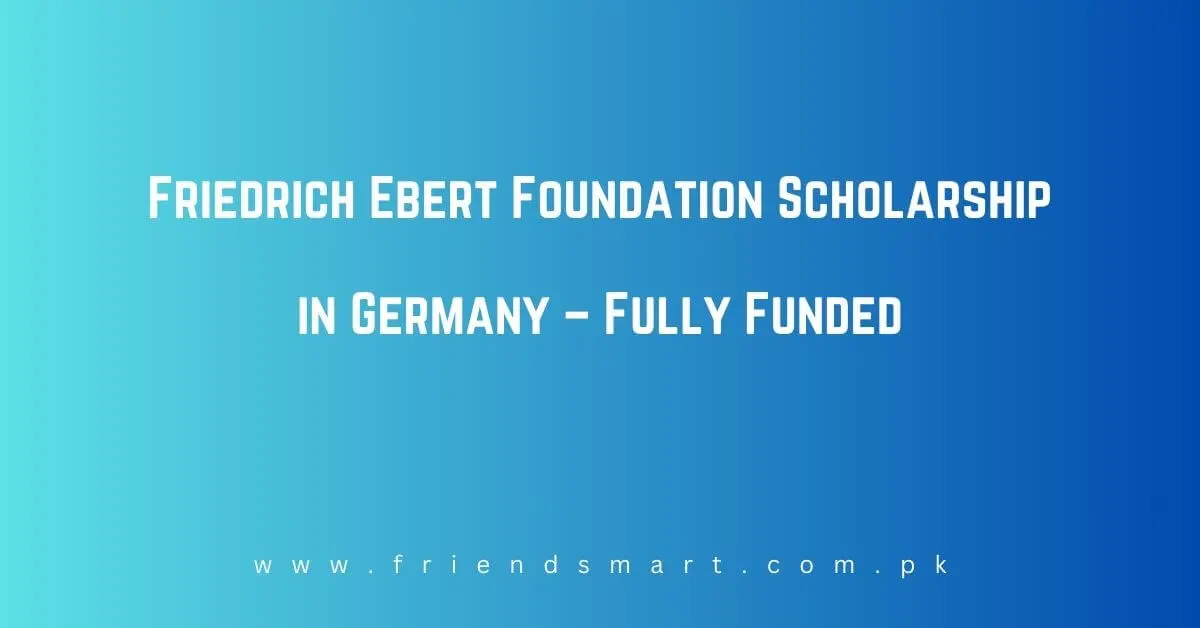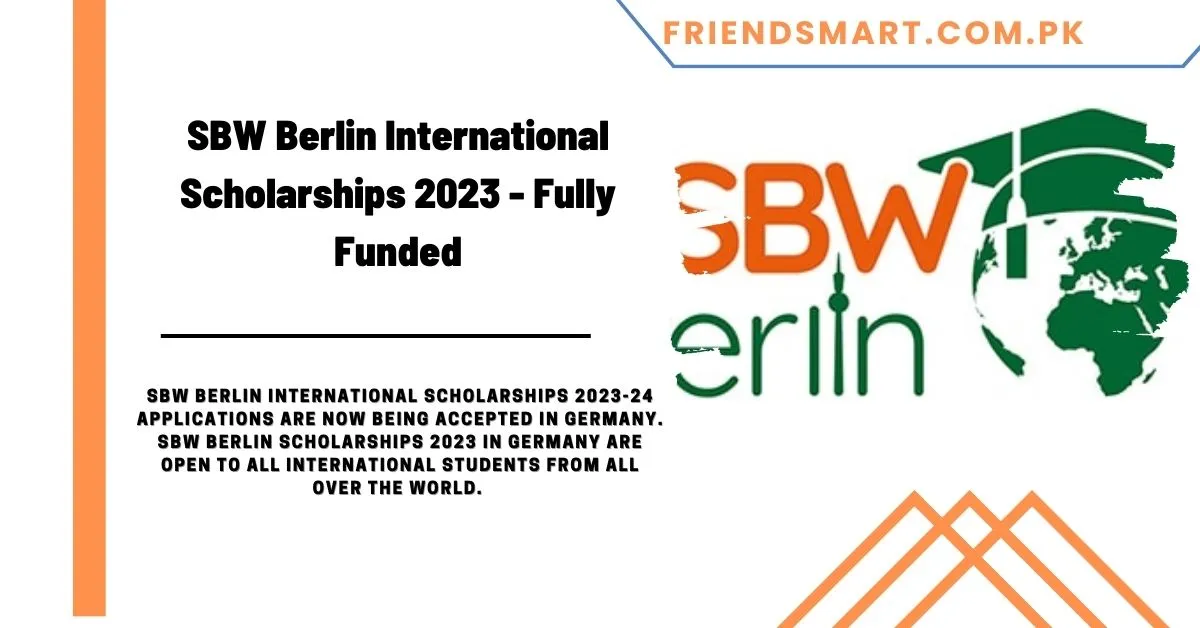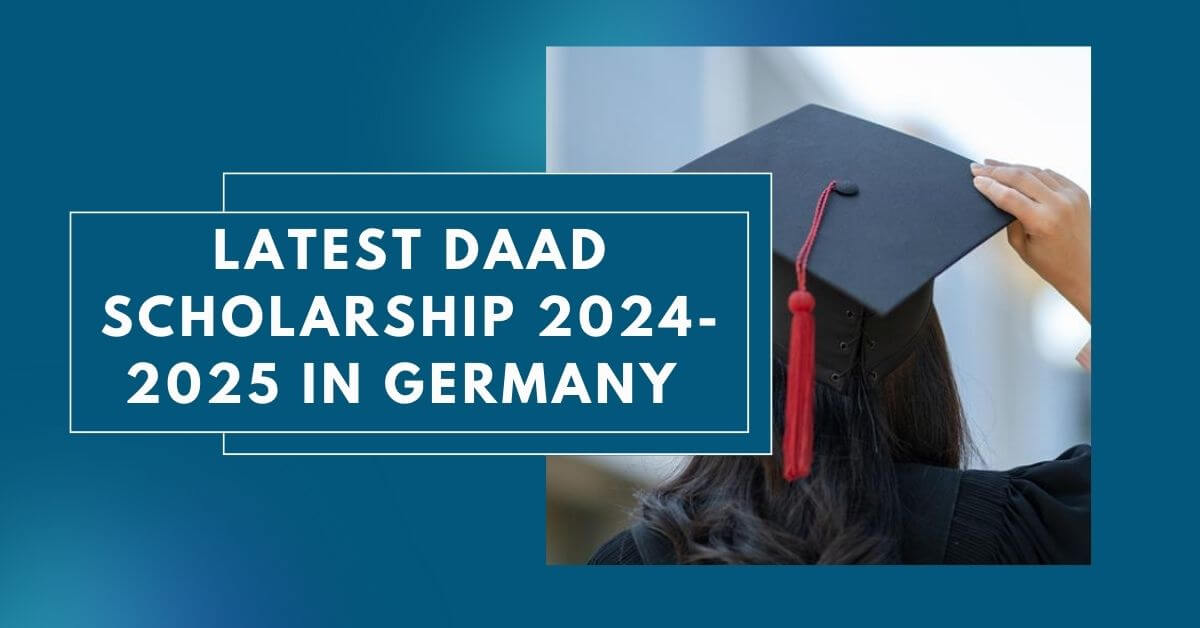The Master of Arts in Development Management is a program that lasts for 18 months and is designed to teach professionals to meet the growing demand for specialists in the field of international development cooperation who are knowledgeable in the areas of program and project management. Students will walk away from the class with a solid theoretical basis as well as the tools necessary to manage development programs and projects effectively.
The curriculum covers a wide range of subjects, including social science and economic theories, techniques of empirical research, methods of managing project cycles, and the application of theoretical and methodological knowledge.
Check Also: Latest DAAD Scholarship 2024-2025 in Germany – Fully Funded
International students are eligible to apply for the DAAD-EPOS Scholarship for Developing Countries to pursue a Master of Arts in Development Management. The scholarship enables recipients to participate in master’s level program(s) in the subject area of Development Management that is offered at Ruhr University Bochum.
Details About DAAD-EPOS Scholarship For Developing Countries
Through its postgraduate programs with an emphasis on development, the German Academic Exchange Service (DAAD) encourages the education and professional development of specialists hailing from developing and newly industrialized nations. Local specialists who are well-trained and connected to international partners play a significant role in the sustainable development of their nations. They are also the key to building a brighter future with less poverty, increased educational opportunities, and greater health for all people.
The scholarships offer foreign graduates from developing and newly industrialized countries the opportunity to pursue a postgraduate or Master’s degree at a German state or state-recognized university, and in exceptional cases, the opportunity to pursue a doctoral degree, and to earn a university degree (Master’s/PhD) in Germany. Graduates can come from any field of study and must have at least two years of professional experience to be eligible for the scholarships.
Degree Level:
The DAAD-EPOS Scholarship for Developing Countries – M.A. in Development Management is open to Ruhr University Bochum graduate students.
Available Subjects:
The following subjects can be studied under this scholarship program:
- Development Management
Benefits of DAAD-EPOS Scholarship For Developing Countries
- Financial Assistance: The DAAD-EPOS scholarship provides financial assistance for the majority, if not all, of the costs associated with studying in Germany. This encompasses tuition fees, monthly living expenses, health insurance, travel allowances, study and research subsidies, and rent subsidies, thereby substantially alleviating the financial burden on students.
- Access to Quality Education: Scholarship recipients are granted the opportunity to enroll in postgraduate programs at prestigious German universities that are highly regarded. These programs are distinguished by their exceptional research facilities and rigorous academic standards.
- Comprehensive Study Programs: The DAAD-EPOS scholarship provides support for a wide range of postgraduate courses in a variety of fields, including economic sciences, business administration, political economics, development cooperation, engineering, mathematics, regional and urban planning, agricultural and environmental sciences, public health, education, law, and social sciences.
- Career Advancement: Scholarship recipients’ employment prospects are improved by earning a postgraduate degree from an esteemed German institution. It offers them sophisticated knowledge, skills, and credentials that are highly regarded in the global job market.
- Professional Networking: The DAAD-EPOS program in Germany enables students to establish a professional network with industry professionals, professors, and fellow international students. This networking can provide access to potential future employment opportunities and collaborations.
- Research Opportunities: The scholarship grants access to Germany’s exceptional research facilities and resources. Students have the opportunity to participate in innovative research initiatives and acquire practical experience that is essential for their professional and academic development.
- Cultural Exchange and Integration: The experience of living and studying in Germany is abundant in cultural diversity. Scholarship recipients can cultivate personal development and global understanding by engaging with individuals from a variety of backgrounds, learning the language, and immersing themselves in German culture.
- Contribution to Home Countries: The DAAD-EPOS scholarship provides recipients with the skills and knowledge necessary to contribute to the development of their home countries. By addressing local challenges and promoting sustainable development, they can implement new ideas and practices that they have acquired in Germany.
- Language Skills: German language courses are a common component of numerous DAAD-EPOS programs. During their time in Germany and in their prospective careers, students may find it advantageous to acquire German language skills, particularly if they intend to work in a German-speaking environment or with German companies.
- Support Services: The German Academic Exchange Service (DAAD) offers scholarship holders a comprehensive range of support services, such as pre-departure information, orientation sessions, and ongoing assistance during their stay in Germany. This assists students in adjusting to their new surroundings and concentrating on their academic pursuits.
- Post-Scholarship Support: The German Academic Exchange Service (DAAD) frequently sustains a network of alumni and offers ongoing assistance and opportunities to former scholarship recipients. This encompasses networking events, career guidance, and additional training.
- Enhanced Global Perspective: Students acquire a more comprehensive understanding of global issues by studying in an international environment. It fosters the development of critical thinking and problem-solving abilities, which are indispensable for confronting intricate development challenges.
Eligible Nationalities:
This award is available to international students.
Eligibility Requirements:
Graduates from poor nations with at least two years of professional experience are eligible to apply.

Selection:
- Candidates satisfy the academic standards and are anticipated to successfully complete a program of study in Germany (above-average result for the first academic exam – top performance third, language skills)
- Candidates possess a Bachelor’s degree (often a four-year program) in a relevant field. Candidates have at least two years of professional experience.
- Candidates can demonstrate their development-related motivation and are required to assume social responsibility, as well as initiate and support change processes in their personal and professional environments following their training/scholarship.
Application Method
Frequently Asked Questions:
-
What is the DAAD-EPOS Scholarship?
The DAAD-EPOS (Development-Related Postgraduate Courses) Scholarship is a program that the German Academic Exchange Service (DAAD) provides to help professionals from developing countries advance their academic careers. It provides opportunities to pursue postgraduate degrees (Master’s and PhD) in development-related disciplines in Germany.
-
How can I apply for the DAAD-EPOS Scholarship?
You submit direct applications to the relevant postgraduate program in Germany. Applicants are required to adhere to the specific application guidelines provided by each program, which typically involve the submission of academic transcripts, a CV, a motivation letter, professional experience certificates, and evidence of English or German language proficiency.
-
What are the objectives of the DAAD-EPOS Scholarship?
Professionals can acquire specialized knowledge and skills in development-related disciplines through scholarship, contributing to the development of their home countries. It encourages the development of capacity and the formation of connections among academicians.







